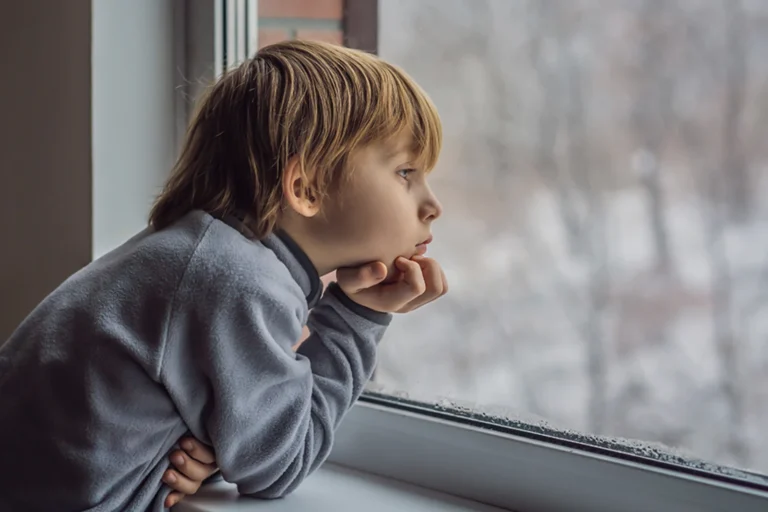Social media is becoming an increasing component of children and teen’s lives, which research demonstrates has an intrinsic link to their mental health (Khalaf et al., 2023). Therefore it is vital that parents are informed and supported to navigate their children’s use of these platforms.
What does the research say about the impact of social media on children and adolescent mental health?
A recent study found that 91% of young people aged 8-17 years of age use the internet for social networking (McCrae et al., 2017). The most popular platforms are YouTube, TikTok, Instagram, and Snapchat, with 51% of teens visiting social media daily, spending an average of nine hours online each day (Riehm et al., 2019). A systematic review conducted by Khalaf and colleagues (2023) found that social media use in young people is associated with poorer mental health outcomes, particularly higher rates of depression, increased risk of body image concerns and disordered eating. It was also found that social media presents a risk factor for alcohol use and sleeping difficulties, particularly in females.
What are the ways in which social media may impact mental health?
There are several key ways in which social media is thought to influence the mental health of young people. Firstly, the content that is uploaded to the platforms often depicts highly curated aspects of other’s lives. Exposure to this content can lead to negative social comparisons, feelings of inadequacy and ‘missing out’. Furthermore, social media amplifies the number of people that children can connect to. While this can help with staying connected to friends and finding community, it can also lead to negative social interactions or exposure to dangerous people. As a result, cyber bullying is a growing concern which 7 in 10 young people report experiencing (Chassiakos, 2016). Furthermore, there are privacy risks, as well as data collection, identity theft or hacking. Also, while many youth report feeling emotional supported online, this can paradoxically make socialisation in ‘real life’ more difficult, perpetuating feelings of loneliness.
Social media has also drastically increased access to information which has both positive and negative consequences. Many people report learning about topics that would not have been as easily accessible prior to social media, particularly other people’s life experiences which can lesson feelings of defectiveness or loneliness. Yet young people may also be exposed to harmful and inappropriate content without their parent’s knowledge. This can include violence, abuse or pornography which can harm children if they are exposed at a young age before they are developmentally ready.
Furthermore, emerging research suggests that the release of dopamine that is triggered by social media use is more addictive than drugs such as tobacco or alcohol (Nesi et al., 2019) Young people are particularly susceptible to this addiction due to the rapid development that occurs in their brains while they mature.
Strategies for parents to support their child
- Delay your child using social media until you feel they are ready
- Educate them on the risks social media
- Discuss and agree on healthy boundaries to manage their screen time
- Observe what they are doing online – if possible, avoid your child using social media in private
- Increase privacy settings
- Foster a healthy relationship with your child and encourage open communication about the topic
Signs you may need to seek help for your child’s social media use
- Your child withdrawals more than usual
- Changes in your child’s behaviour and mood
- Child is secretive with their phone
- Spending excessive time on devices including checking first thing in the morning and before bed
- Child appears agitated when away from their device or more sensitive, irritable, or aggressive than usual
- Avoiding previously enjoyed activities or school, friends
While social media can have benefits to young people, it is important that parents and children are informed of the potential harms that can be associated with these platforms to mitigate risk and have an enjoyable experience online.
Dr Adele Stavropoulos
Clinic Director | Clinical Psychologist and Supervisor
Western Sydney Clinical Psychology




